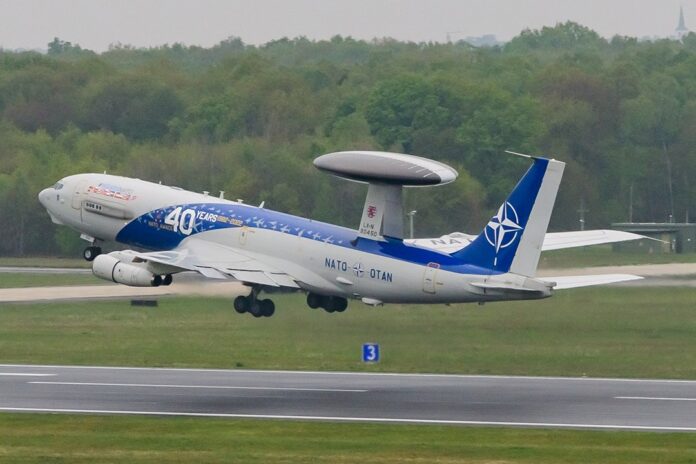Dr. Atheer Nadhem Al-Jasour – Faculty of Political Science/Al-Mustansiriya University
Summary:
After the year (1989) the West-East conflict ended in theory or under what has been addressed by researchers and scholars in international relations and international politics due to the triumph of the capitalist camp led by the United States of America and its allies over the eastern camp with the dissolution of the Soviet Union and the collapse of its communist ideology. to mark the beginning of a new solid phase in its framework and interactions, with a unipolar outcome controlling global political decisions, together with the survival of the triumphant alliance NATO, which remained the protector of its traditional territory, based on which it was formed and to be the applicant of the new territories after its doctrine changed from defensive to offensive, Through the expansion of the alliance, the United States was able to advance to vital areas under Soviet influence, as planned within the containment strategy, posing a real danger to U.S. adversaries, both visionaries and new rising powers.
Introduction:
NATO is formed based on the issue of protecting and defending the Western bloc from the dangers of the East and the orientations of the Soviets and their allies that threatened their entity. and NATO is playing on the basis of changing strategies from one stage to another according to changing strategic thinking of NATO leaders at that stage and the stages that followed them to remain defensive and unchangeable, After the Cold War, NATO’s strategy changed from defensive to offensive after a careful reading of reality shifting from bipolar to unipolar, and the Balkan experience was one of those tasks that established a strategy that was followed by Afghanistan’s most focused (2001), NATO thus has a military strategy and a political enticement as NATO is the guarantor of Eastern European countries by opening up membership to be primarily within American protection as well as political and economic support, In this way, NATO’s expansion eastward began by allowing Eastern European countries to join the alliance and beginning an idea and a new era of proactive containment strategy that essentially provoked Russian leadership that considered it a major threat to their national security. as well as forces that fear American domination and control over vital areas within their security and influence.











